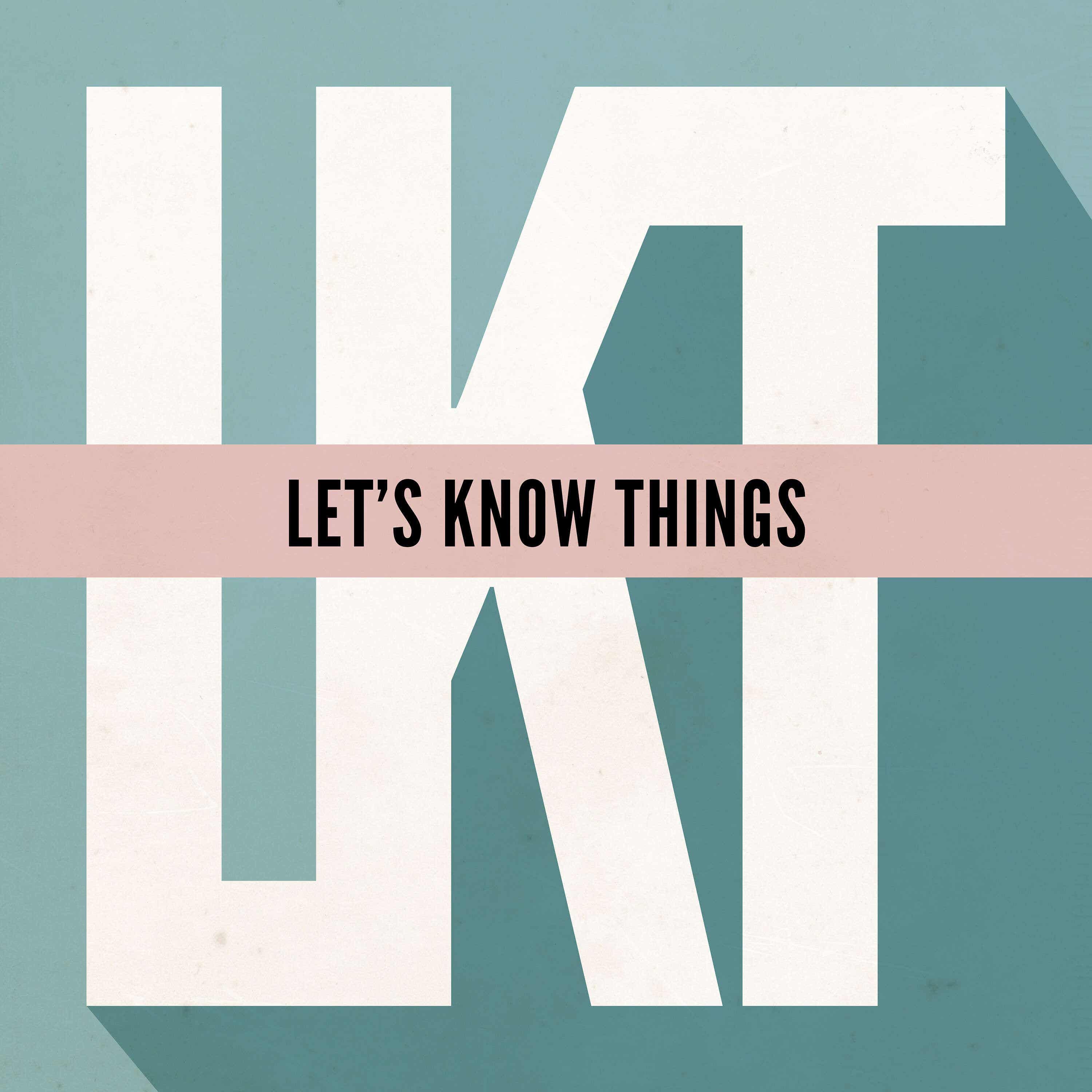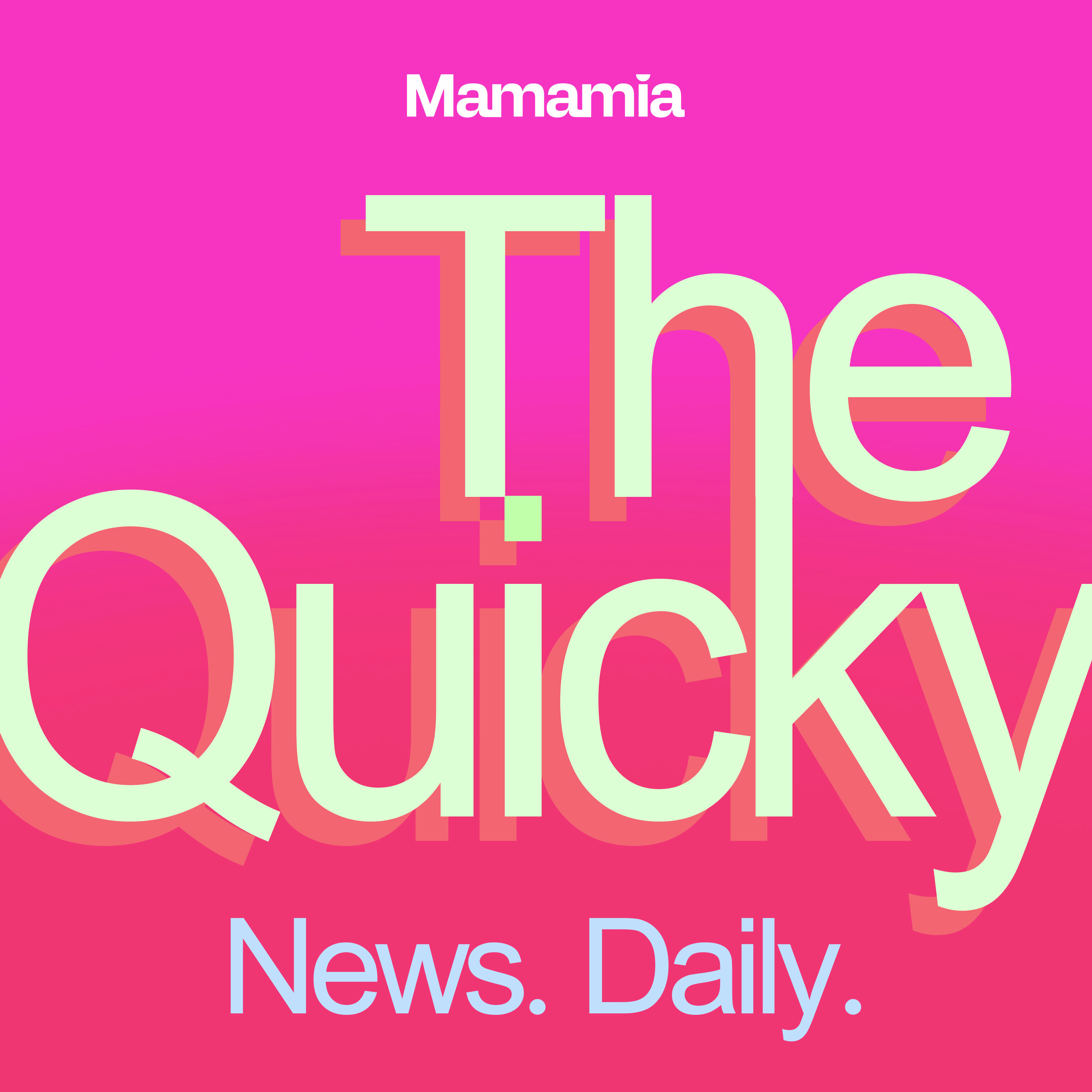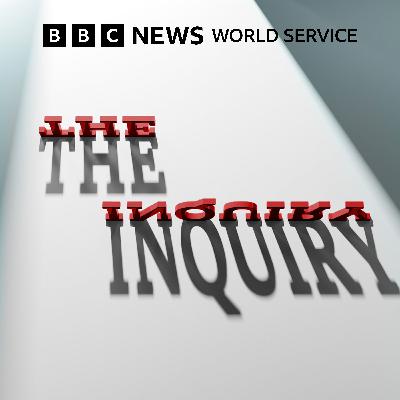Gamewashing - Let's Know Things
Description
This week we talk about Electronic Arts, 3DO, and the Saudi Arabian Public Investment Fund.
We also discuss Jared Kushner, leveraged buyouts, and loot boxes.
Recommended Book: Bandwidth by Dan Caruso
Transcript
Electronic Arts, often shorthanded as EA, was founded in 1982 in California by a former Apple employee named Trip Hawkins, who also went on to found the ill-fated 3DO company, which made video game hardware, and the somewhat more prolific, but also ultimately ill-fated casual game developer Digital Chocolate.
EA, though, has been an absolutely astounding success. It’s business model was predicated on the premise of selling video games directly to retailers, rather than going through intermediaries. This allowed them to gain more market share than their competitors right off the bat, and it helped them glean higher margins than their competitors from each direct sale, too.
EA also established an early reputation for treating its developers really well. They were the first gaming company to feature their developers in advertising and to give them platforms, promoting them as video game artists, basically, and it shared the profits netted from those direct sales with these develops—which in turn meant all the best developers really wanted to work for EA, which led to a beneficial cycle where they created better and better, and more and more financially successful games.
In the late-80s, they started deviating from this model somewhat, scooping up a collection of successful independent game development studios and deviating, at times, from the creative lead’s vision when releasing their games. They also refocused a fair bit of their resources on franchises, like the immensely successful, as it turned out, Madden NFL series, and they branched out into producing games for the console market, including the still-new Nintendo Entertainment System, in 1990.
That same year, EA went public on the NASDAQ, the company got new leadership when Hawkins decided to refocus on his far less successful 3DO hardware startup, and in an interesting twist, the arrival of the Sony Playstation in North America caused EA to drop support for 3DO hardware in the mid-90s so it could refocus on Playstation games, which were a lot more lucrative.
By the mid-90s, EA had an astonishingly large and successful software library, including franchises like the aforementioned Madden games and the FIFA soccer games, but also celebrity-tied games like Shaq Fu, and military shooters like Jungle and Urban Strike.
By the early-2000s, EA was making exclusive licensing deals with the NFL and ESPN, in order to stave off newfound sports game competitors, and it was the only video game company to consistently make a profit, most others experiencing feast and famine cycles, with periodic wins, but a whole lot of losses they had to cover with the profits from those wins. EA, in contrast, had a reliable stable of profit-sources, and it thus had a whole lot of leverage in terms of attracting and retaining talent, but also getting big names and brands on board, for collaborative projects.
What I’d like to talk about today is what happened to EA during and following the 2008 economic crisis, and how and why it recently became an acquisition target for Saudi Arabia.
—
In 2008, when the global economy was collapsing, EA suffered a bad holiday sales season and fired 1,100 employees and closed 12 of their facilities early the following year. Later in 2009, the company announced the firing of another 1,500 employees, which was about 17% of their total workforce at the time, and in 2010 they acquired a gaming company that focused on mobile games, which were becoming increasingly popular, now that many people had touch-capable smartphones, which brought hot new franchises like Angry Birds under their brand umbrella.
On the strength of that acquisition and all those downsizings, in early 2011, EA announced that it hit $3.8 billion in revenue in the financial year for the first time, and in early 2012, it announced it surpassed $1 billion in digital revenue during the previous year, which was a huge figure that early in the digital media landscape. It used some of those profits to scoop up another mobile-first gaming company, adding properties like Plants vs Zombies and Peggle to their library.
EA completed another mass-firing in 2013, dismissing 10% of their employees under what they called a reorganization, around the same time they announced an exclusive license with Disney that would allow them to develop Star Wars games.
Their stock value boomed in the following years, as a result of those cost-savings measures, and those new relationships, and emboldened by record-high stock valuations, in the mid-20-teens, the company started releasing big-name games, like Star Wars Battlefront 2, with random-content loot boxes and other sorts of microtransactions.
This did not go over well with players, who decried these in-game purchasing options as ‘pay to win’ mechanics, as players could pay more money to get better characters and equipment, and a lot of the content, even after paying for the expensive games, was still locked behind paywalls, requiring more payments to unlock that content. A bunch of gaming journalists cried foul on this shift as the game careened toward its full release, as did a whole lot of early players, and Disney complained, too, so by the time it hit shelves, the game’s loot system was substantially changed, but that whole controversy spooked investors, and led to an 8.5% stock value drop in just a single month, knocking $3.1 billion from the company’s valuation. As a result of that controversy, EA also became the face for a larger legal and legislative debate about in-game purchases and how it’s kinda sorta like gambling, from that point forward.
Soon after, EA experienced a series of bad quarters, including a huge drop of 13.3% to its valuation when a major entry in one of their larger franchises, Battlefield V, was released late, and received very mixed reviews when it was released, which led to a million fewer sold copies than anticipated. The game was also lagging in terms of gameplay behind smaller, nimbler competitors, including then-burgeoning Fortnite.
The company saw an overall boost with the surprise success of Apex Legends, and the COVID-19 pandemic boosted sales dramatically for a while, since everyone was staying home, which allowed EA to gobble up a few more competing companies with successful franchises, and they knocked out a few more successful Star Wars games, as well.
In early 2021, Saudi Arabia’s public investment funds bought 7.4 million shares of EA for about $1.1 billion, which flew under the radar for most gamers, but that’ll be important in a moment.
Later that year, the company experienced a massive hack, a lot of its data, including the source code for games, stolen and sold on the dark web. EA bought some more competitors, but word on the street in 2022 was the the higher ups at EA were quietly shopping the company around, themselves looking to be acquired by a larger entity, on the scale of Apple or Disney.
In early 2023, the company announced more mass-layoffs and launched another internal reorganization. It gutted several of its most popular gaming sub-brands, including BioWare, it cancelled an upcoming Star Wars game, and it announced that it would be shifting away from licensing agreements and refocusing on EA-owned IP.
The pattern of layoffs leading to better financial fortunes didn’t pay off this time, though. In early 2025, EA divulged that it expected to underperform in the coming year, several of its big-name titles not doing as well as expected; the company cast blame on the market, but players and journalists pointed at the company’s gutting of its big-name studios, and the firing of many of its veteran developers to explain the reduced sales.
EA had another mass-firing in April of this year, and followed by another in May, which paralleled an announcement that they would no longer be moving forward with a big, planned Black Panther game.
In late September of 2025, EA announced that it had reached a deal, worth $55 billion, to go private, no longer selling shares on the stock market, with the financial assistance of a group of investors, which included Affinity Partners, which is led by Jared Kushner, US President Trump’s son-in-law, Silver Lake, which is a US-based private equity firm that helps make these sorts of big sales happen, and the aforementioned Saudi Arabian Public Investment Fund.
This deal isn’t done yet, it still needs to get regulatory approval and a successful vote by stockholders, but it seems likely to go through, since the US regulatory environment is pretty lax at the moment, and because Kushner is involved, it’s unlikely President Trump will take a personal disliking to it.
But the big story here seems to be that Saudi Arabia is buying up not just a video game company, but one of the biggest and most successful video gaming companies in the world, which, although it’s lost a lot of fan-credibility over the years, still owns some massively influential intellectual property and has just a stunning number of relationships and connections throughout the media world, alongside its huge valuation.
If the sale does go through, and we should know for sure by sometime around June 2026, it would be the largest-ever leveraged buyout, which means the purchase was completed by using borrowed money that was borrowed against the asset being purchased; so those investors have taken out debt against EA itself, which is an increasingly common means of buying a large asset on the cheap, but it also typically burdens that asset with a simply as




















